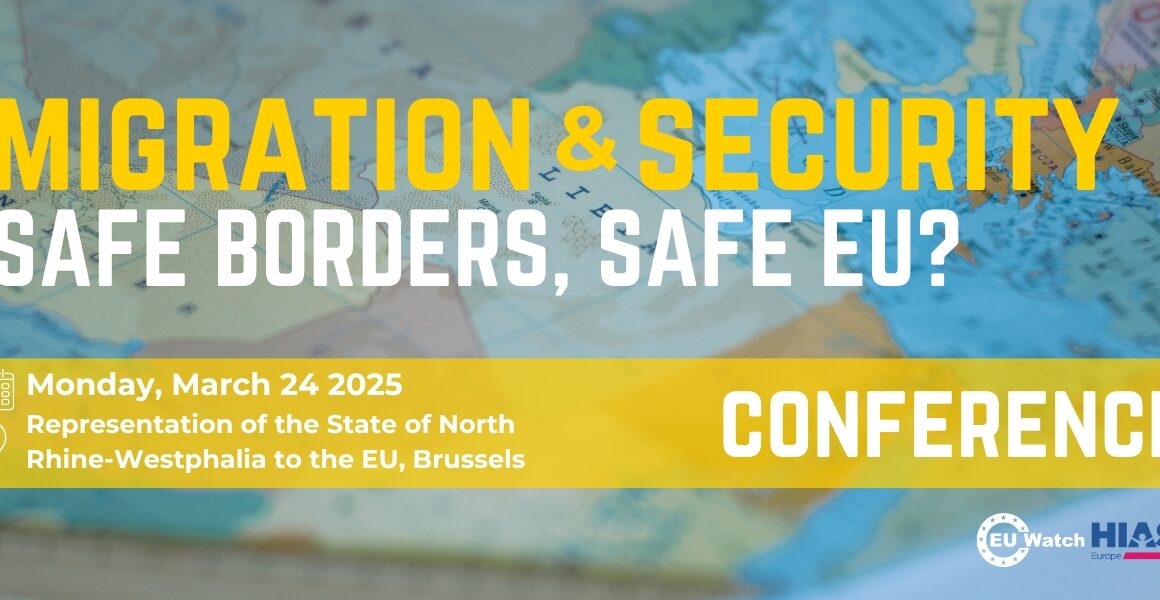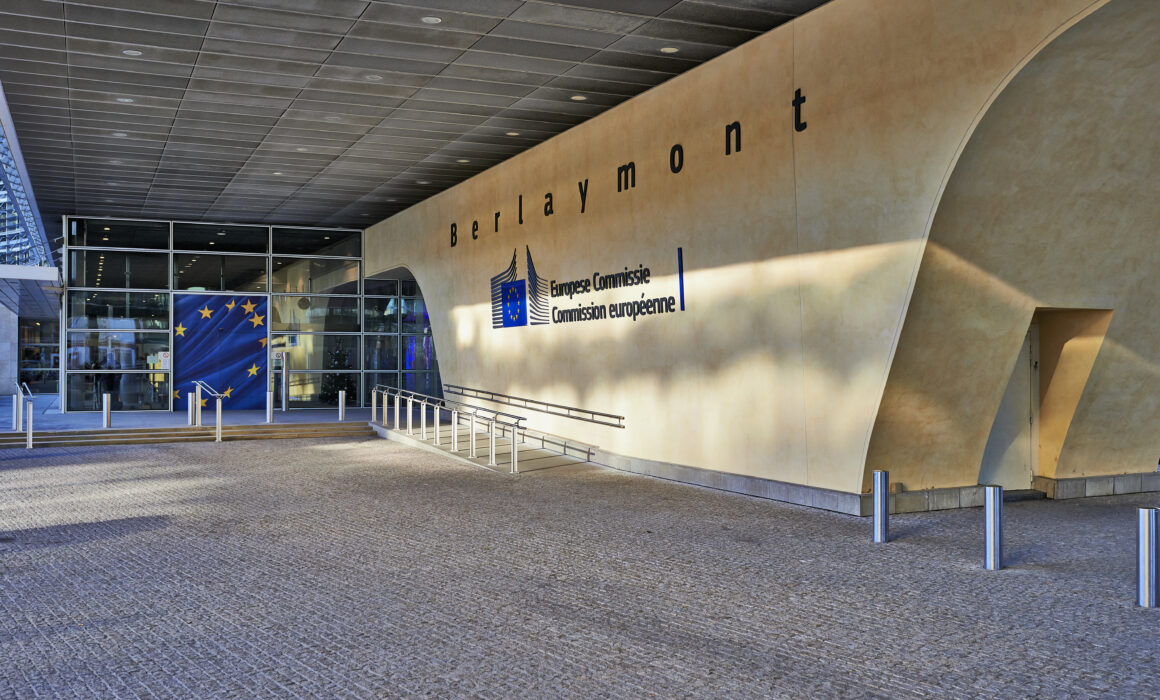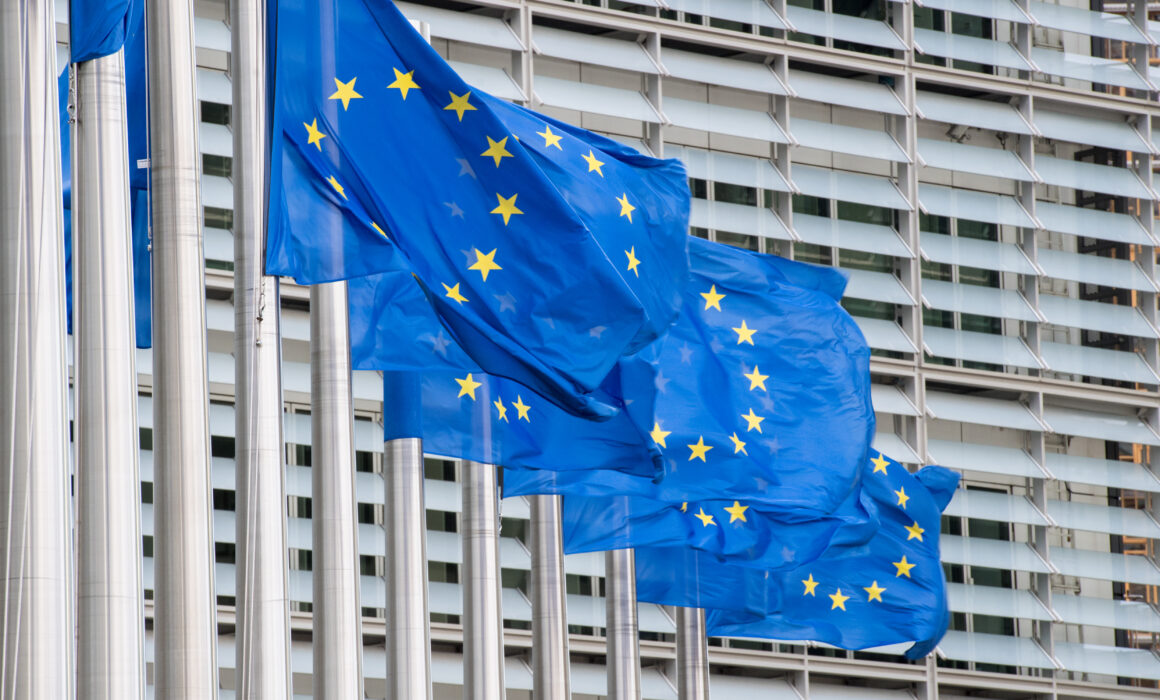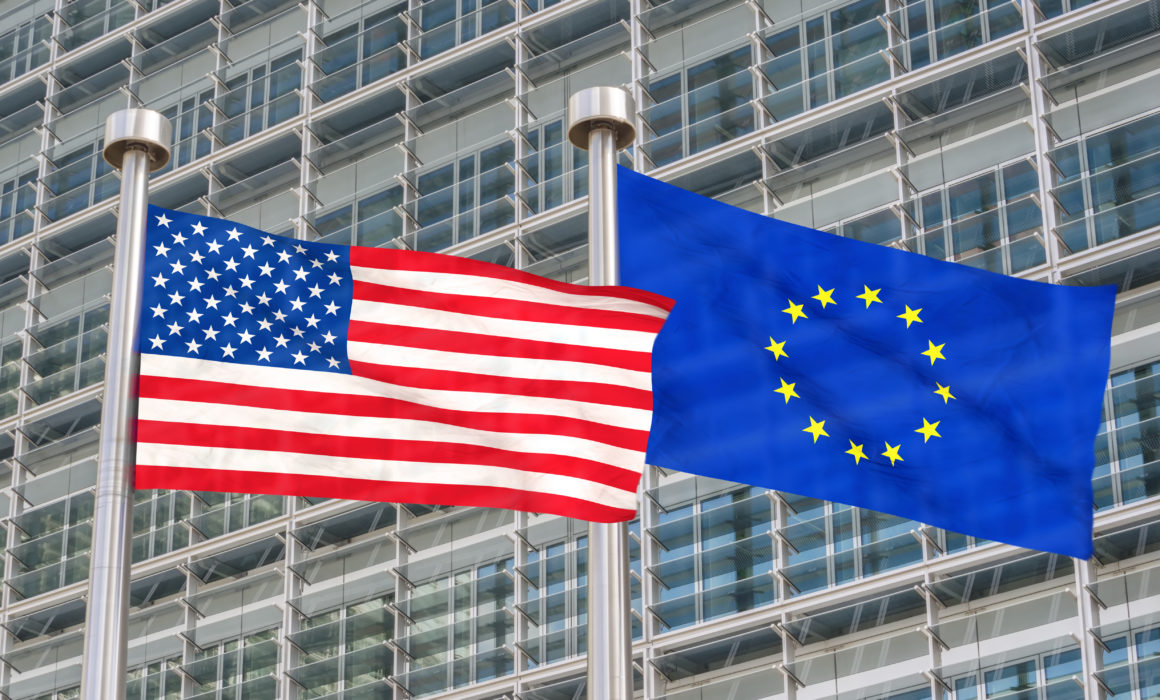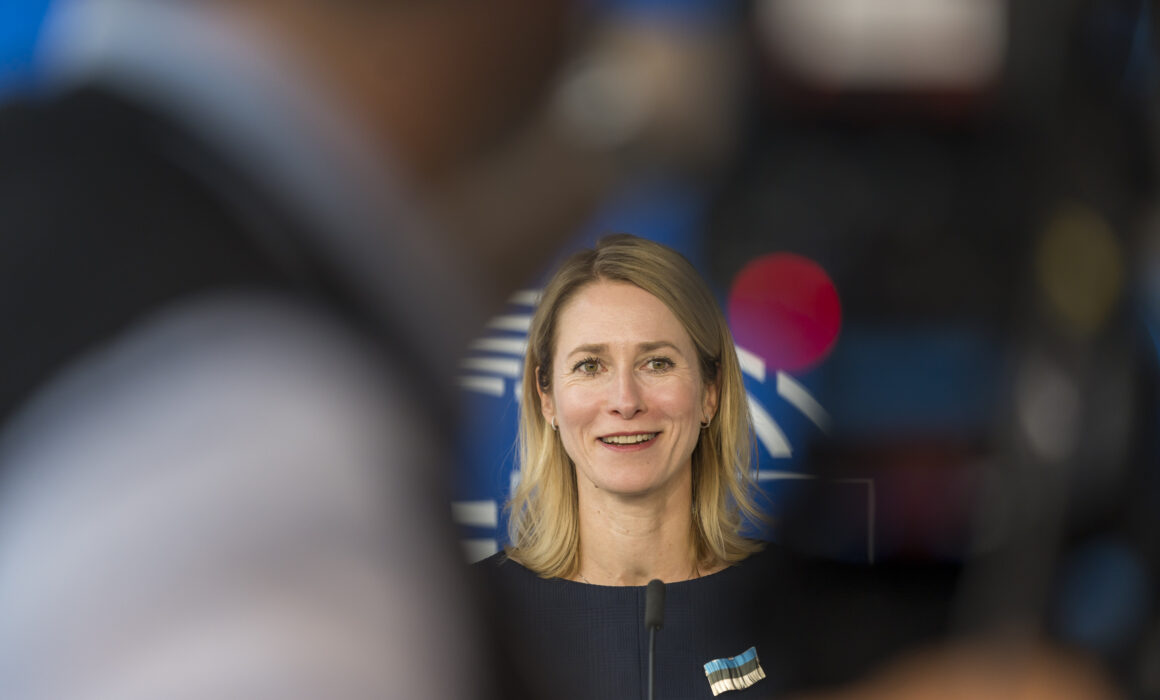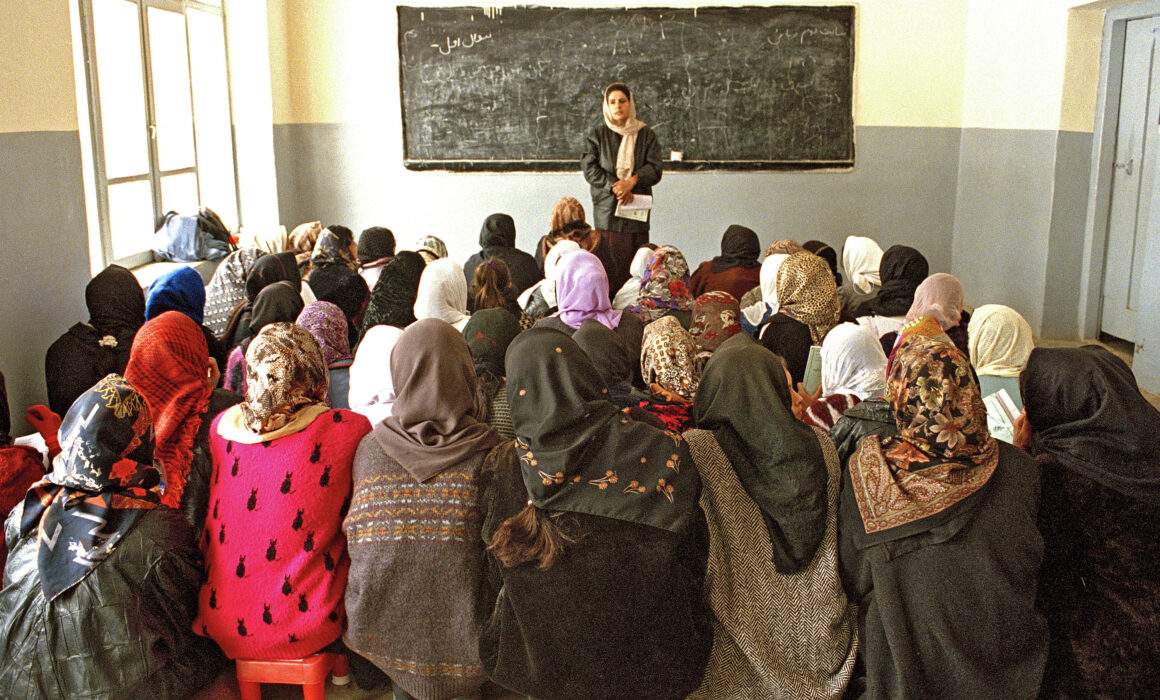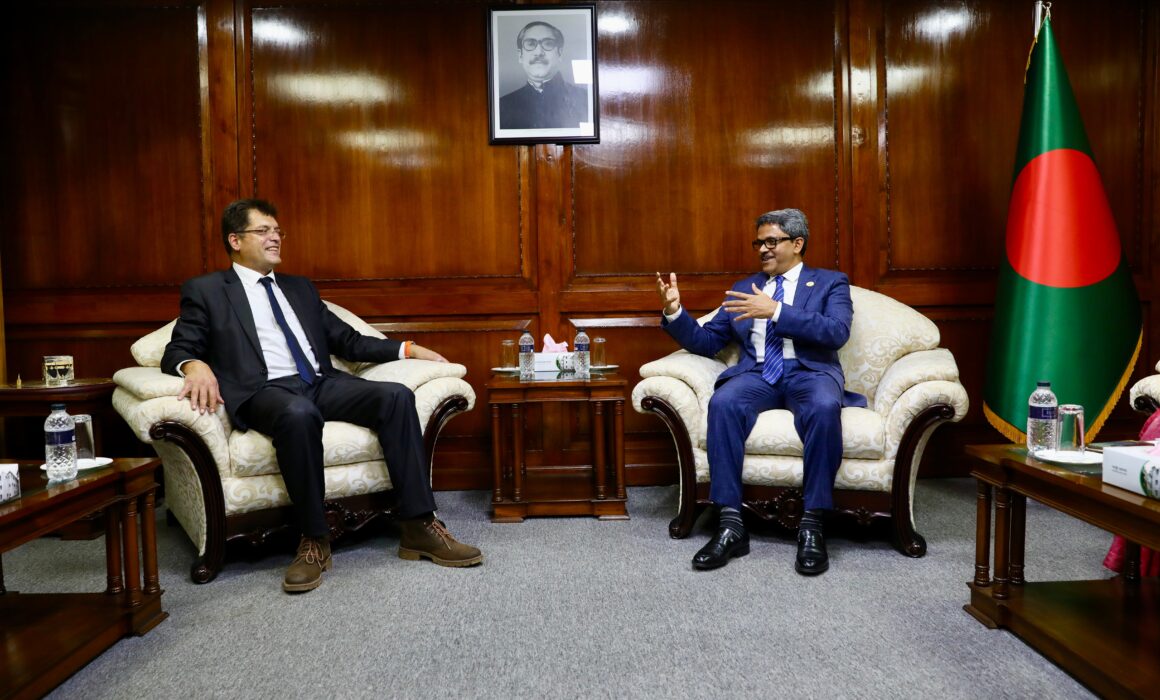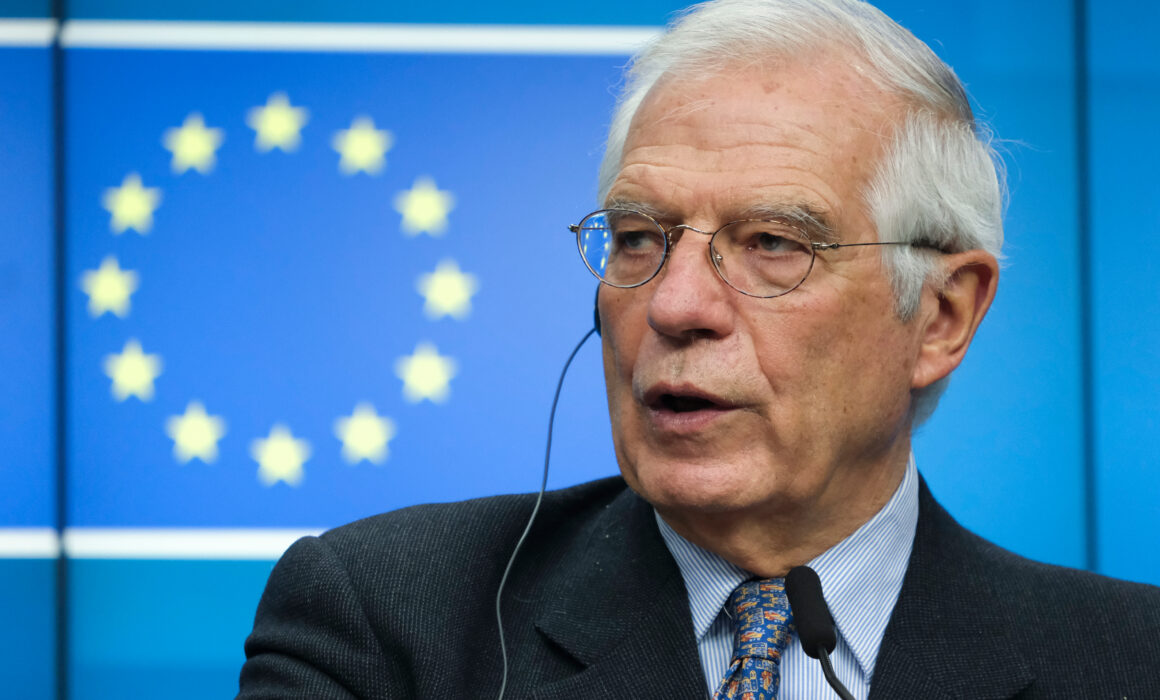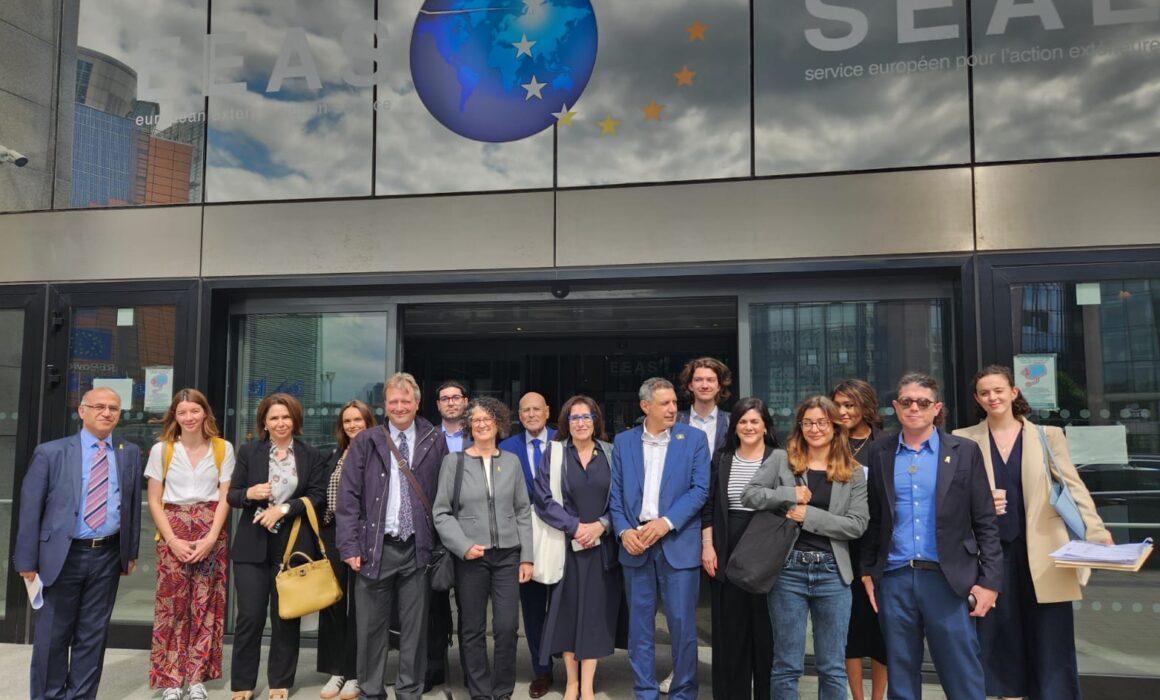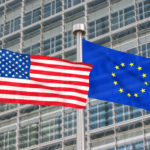David Wollach argues for a more assertive approach of the European Union against the violent crackdown in the Islamic Republic.
The European Union’s reaction to Russia’s unjustified aggression came too late and was initially too weak, in spite of the fact that clear warnings existed beforehand. At least, the EU did take a clear stand towards the Kremlin. Well over a thousand Russians are now under sanctions. Their assets in the EU have been frozen. They are banned from entering EU territory.
More importantly, since February, unprecedented military support and financial aid has been granted to Ukraine by the EU and EU member states, which has helped to tilt the situation on the battlefield in favour of Kyiv.
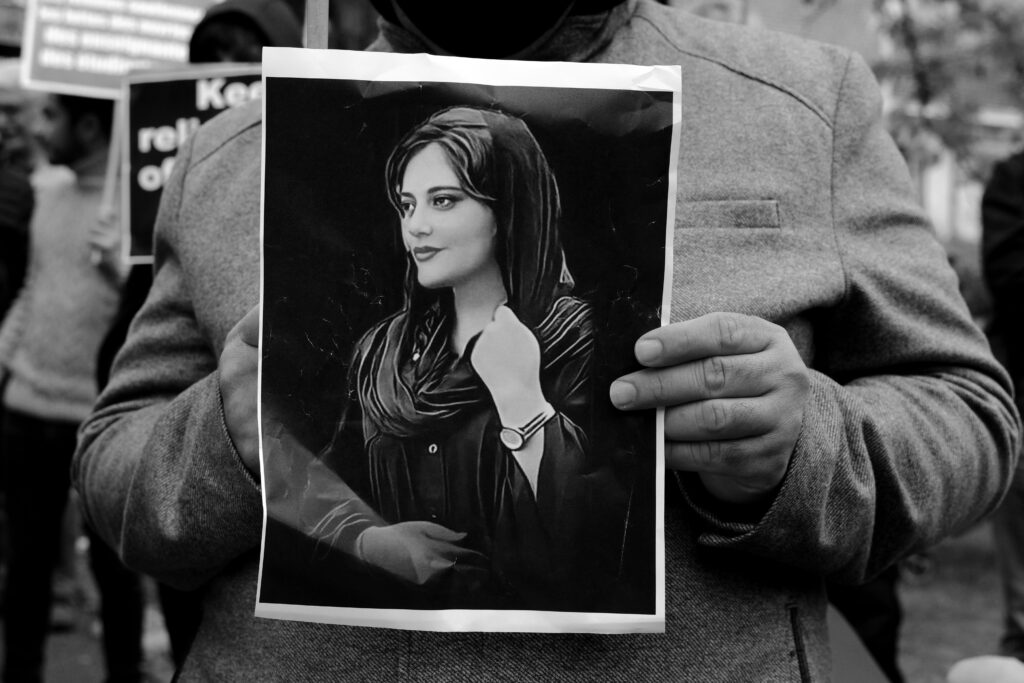
However, with respect to the nuclear threat posed by the Islamic Republic of Iran and to the revolution unleashed by Iranian women following the death of Mahsa Amini at the hands of the Iranian regime, the EU is once again acting in a way that lacks vision and a clear message.
Yes, the leaders of the European Union have condemned the brutal actions of Iran’s regime, which have already resulted in the death of dozens of people. Yes, last week, sanctions against 14 individuals and five entities of the regime were adopted.
Yet the EU High Representative Josep Borrell and his team still seem to believe that by signing a nuclear deal with the Iranian regime the Middle East could somehow become a safer place. In the present situation, with the knowledge we have about the regime and its covert activities, that is not just wishful thinking, it is downright dangerous. Borrell should ask himself: Has diplomacy not run its course, after years of failed efforts to rein in Iran’s uranium enrichment activities? Surely, the EU foreign affairs chief and other EU officials recognise by now the nature of the regime.
It is one that constantly wages war, commits acts of terror worldwide, sponsors and arms terrorist groups and meddles in the affairs of other countries. Can one really sign diplomatic agreements with a government run by one and the same unelected, hard-line ayatollah for 33 years?
With a regime that behaves like in the Middle Ages and beats up women who do not obey the restrictive dress code? With a regime that keeps its own population in poverty while permitting a small number of people to enrich themselves? Where is Europe’s anti-corruption drive?
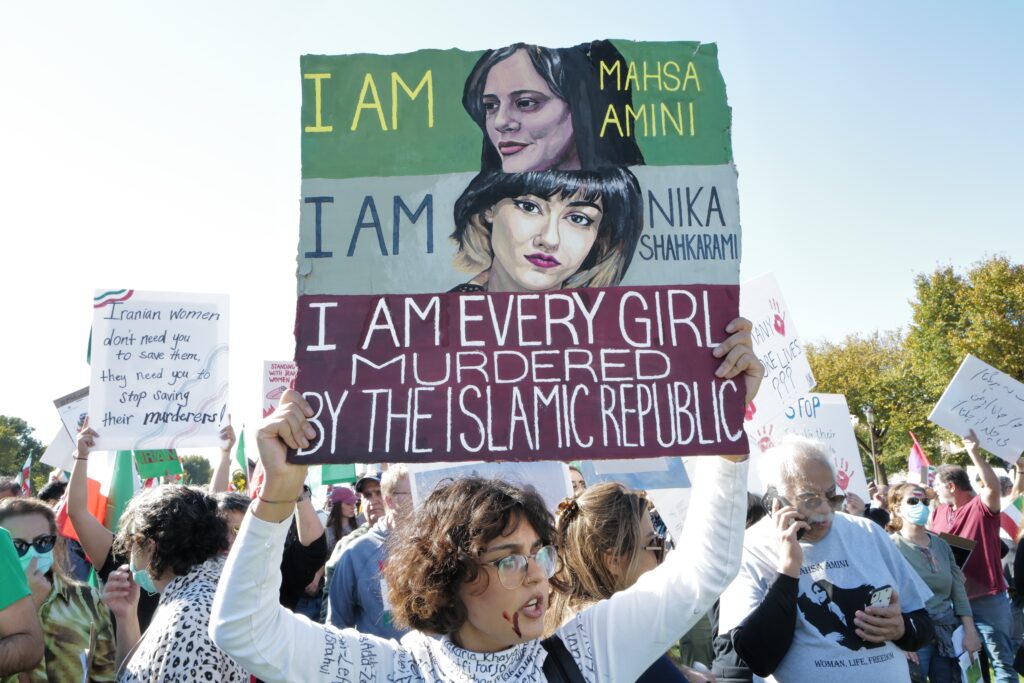
The EU is not just an economic powerhouse, it also represents certain principles. If it wants to preserve this privileged position, the EU must uphold its values not just towards its own citizens, but to the rest of the world, too. The key question is: Can we afford to wait and withhold support for the Iranian people until Russia’s war in Ukraine is over, just because we don’t want to risk rising energy prices? If we do not act now against Iran, we will not only let down Iran’s courageous women and permit another bloodbath in Iran and thus betray our values. We might also pave the way to another conflict on Europe’s doorstep – and perhaps another wave of refugees.
Putting a handful of regime representatives on the EU sanctions list alone will not help the people of Iran. There needs to be a stronger push. The EU must rethink its Iran policy and take a much firmer stance. The talks with Iran over the JCPOA should be halted immediately. They have so far benefited only one side: Iran. Instead, economic sanctions against the regime and its institutions should be re-imposed with immediate effect. They ought to be targeted at undermining Iran’s ability to arm and enrich itself. Such a decision would send the strong signal that is needed now.
Moreover, the EU should also reassess its commercial ties with Iran. Of course, economic interests and the need to secure energy supplies are legitimate objectives. But do we really want to become dependent on the Iranian dictators? As we have seen with Russia, making oneself economically dependent on rogue regimes comes attached with a big price tag. Europe should not make the same mistake twice. Moreover, Iran is undermining European sanctions and siding openly with Russia. We cannot continue to be blind to that fact either. It is time for the European Union to take bold action. Citizens expect that from their EU leaders.
David Wollach is a Swiss businessman. He is a co-founder and director of EU Watch.
Our most recent news
Register Now – Conference “Migration and Security: Safe Borders – Safe EU?”
EU Watch AISBL and HIAS Europe are delighted to invite you to our conference that is taking place on Monday, March 24 2025, at the Representation of the State of North-Rhein Westphalia to the EU, in Brussels.
EU: Taliban recognition hinges on full compliance with international norms
Read the response to our letter sent to EU foreign policy chief Josep Borrell regarding the EU’s Afghanistan policy and human rights issues, with a particular focus on Afghan women’s rights.
How the US election could shape Europe’s security future?
EU Watch interviewed Finnish politician Mika Aaltola, who serves for the first time as a Member of the European Parliament. We discussed the issues of the impact of US elections on Europe’s security, NATO and the EU enlargement.
‘Kaja Kallas is my hope for an EU that speaks with one voice’, says Austrian MEP Brandstätter
EU Watch interviewed Austrian politician Helmut Brandstätter, who serves for the first time as a Member of the European Parliament. We discussed the issues of Ukraine’s support, EU enlargement, migration and media freedom.

